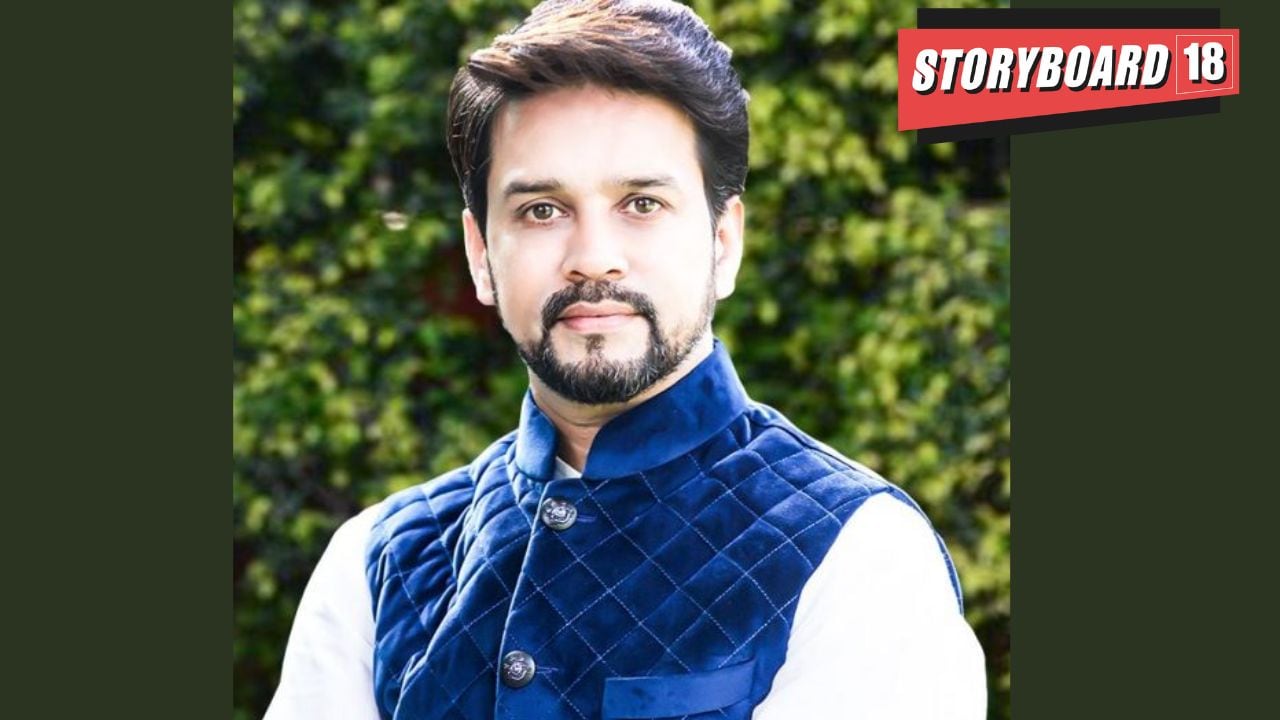Data privacy tops concerns for India, said Union Minister for Information and Broadcasting Anurag Thakur at the 28th International Conference and Exhibition on Broadcast and Technology.
“India’s efforts in developing indigenous cybersecurity solutions underscore our commitment to data security, aligning with global data protection regulations,” stated Thakur.
“As we harness technology to drive innovation in the broadcasting ecosystem, let us ensure that we prioritize the protection of sensitive information and also not forget the steps required for the integrity of our digital infrastructure.”
The Minister also emphasized the importance of promoting media literacy and empowering citizens to navigate the complex digital landscape.
“As we embrace the digital revolution, let us empower our citizens with the tools they need to critically engage with the media and make informed decisions,” he said.
Promoting media literacy and empowering citizens to navigate the complex landscape of digital media is the need of the hour.
Thakur also said that the government is bullish on regional content.
“It is important to invest in regional content and languages. India’s linguistic diversity is our strength. Supporting regional languages and hyper localised content is essential not only to compete with global platforms but also to achieve the larger goal of providing equal opportunity for all. The extension of India’s film and television institutes to regional campuses emphasises our commitment to languages,” he said.
The minister brought up the success of regional content by using the Indian Premier League (IPL) as an example.
“When they started telecasting in regional languages, their audience increased dramatically. In terms of reach, there’s nothing ‘regional’ about regional content anymore. It’s like films – the content travels nationally and internationally, creating waves. The emphasis should be on raising awareness about technology and creating high-quality content that can reach every nook and corner of the world,” he said.
Acknowledging the rapidly changing media landscape and evolving audience preferences he said, “The media landscape is undergoing a metamorphosis, and consumption patterns are shifting rapidly with audience tastes migrating. We must acknowledge this shift and adapt accordingly.”
The minister also spoke on subjects of promoting the public broadcaster and green technology in broadcast.
“India’s public broadcaster, Prasar Bharati, has come a long way since its grainy black and white Doordarshan days. Today, it boasts HD and 4K digital capabilities, offering diverse programming across platforms like Doordarshan and All India Radio. This evolution not only reflects resilience and innovation, but also highlights its pivotal role in shaping the nation’s narrative,” Thakur said.
But the journey doesn’t stop there. The future demands strengthening public broadcasting to cater to the diverse needs of India’s vast population. According to Thakur, this means leveraging technology to develop personalised content across multiple platforms.
“Prime Minister Modi’s ‘Make in India’ initiative plays a crucial role here, encouraging indigenous research and development in broadcasting equipment,’ he said.
The public broadcasters initiatives to unite the nation coupled with the Ministry of Information and Broadcasting’s commitment to inclusive policies, has laid the foundation for a vibrant and responsible media ecosystem in India, according to the minister.
Talking of sustainable growth, Thakur said, “In our pursuit of progress, let’s not forget our responsibility towards the environment. Embracing sustainable practices in broadcasting practices is not just a moral imperative but also a strategic move, aimed at minimising our carbon footprint and reducing waste.”
According to him, India’s research and development in solar powered broadcasting equipment and energy efficient studios position the country as leaders in sustainable broadcasting reflecting its commitment to environment stewardship.
